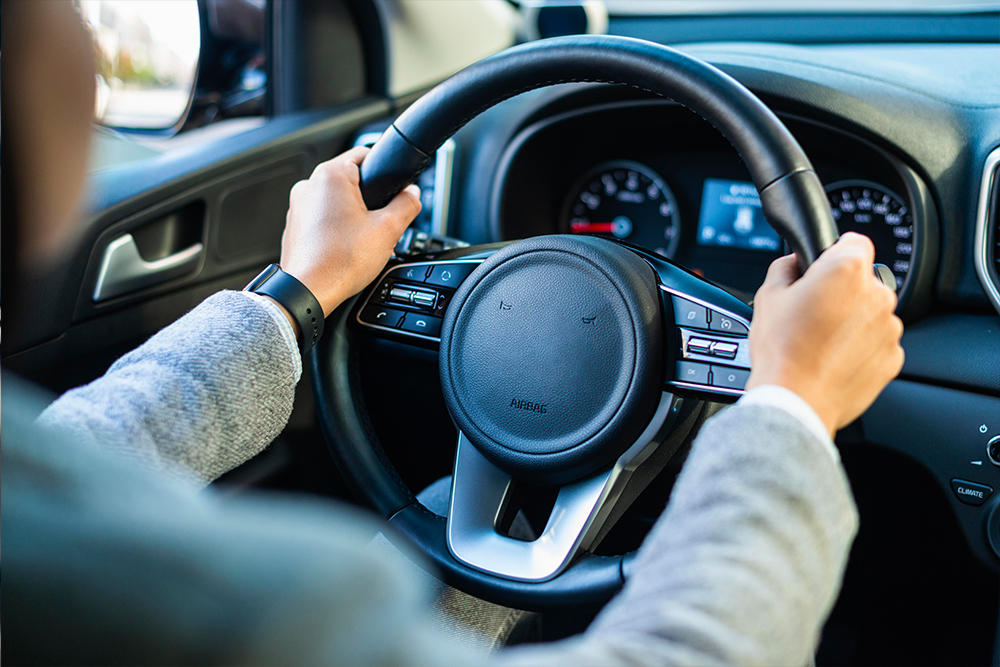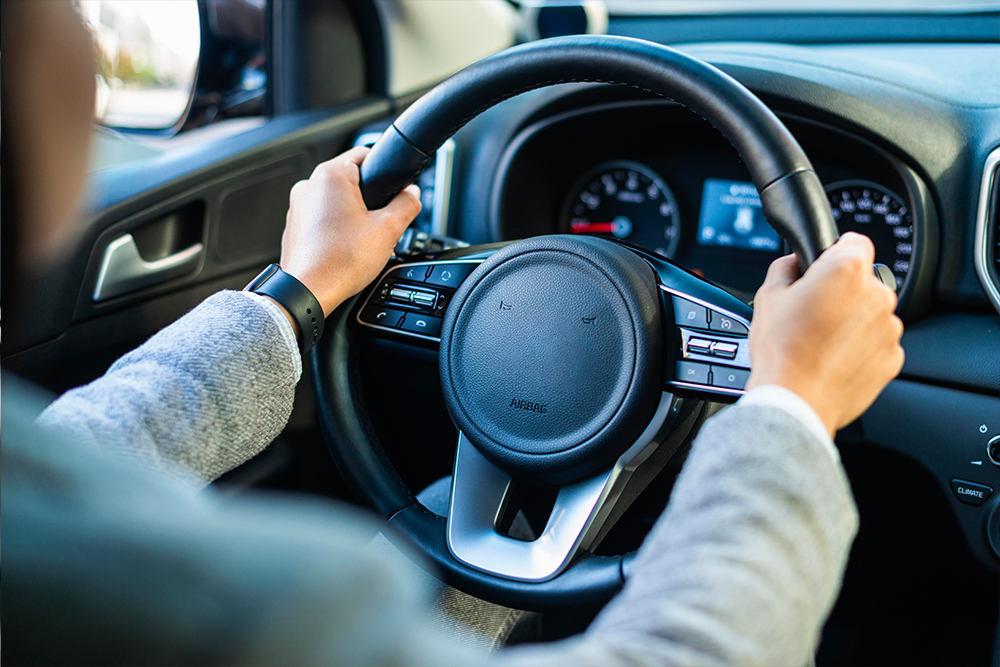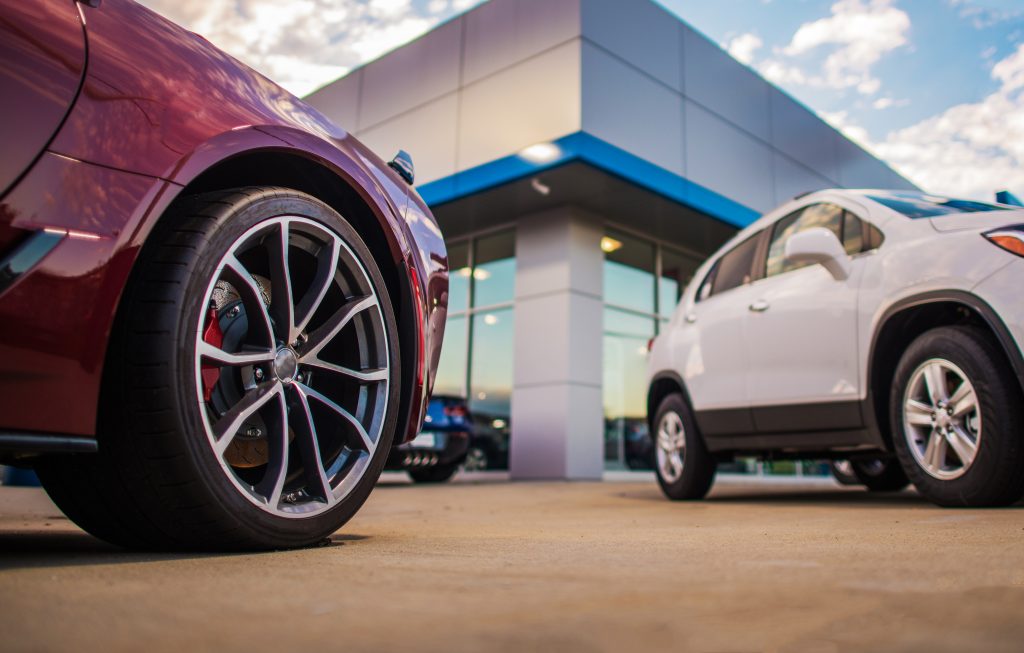
Is It Dangerous to Drive a Car with a Salvage Title?
The world of salvage vehicles often breeds many questions, particularly concerning safety. Is it dangerous to drive a car with a salvage title? The short answer is—it depends. Let’s explore this topic in depth to dispel common myths and provide you with an informed perspective.
Understanding Salvage Titles
Before we delve into the safety aspects, it’s essential to understand what a salvage title is. A car typically receives a salvage title when it suffers damage that would cost more to repair than the vehicle’s pre-damage market value. This damage could be from a collision, weather, vandalism, or even theft. After the insurance company deems it a “total loss,” the car is often sold at auctions or to salvage yards.
Safety Concerns and Considerations
The primary safety concern with salvage vehicles is the quality and integrity of repairs. These vehicles have, by definition, suffered significant damage. However, if the vehicle has been properly repaired, it shouldn’t inherently be more dangerous to drive than any other car. Here are some factors to consider:
1. Quality of Repairs:
Quality repairs are crucial in ensuring the safety of a salvage vehicle. Skilled mechanics using the right parts can restore many salvage cars to a safe and drivable condition. However, some vehicles may have been repaired hastily or with low-quality parts to save on costs, leading to potential safety issues down the line.
2. Vehicle Inspection:
Before purchasing and driving a salvage vehicle, it’s essential to have it thoroughly inspected by a professional mechanic. They can identify potential safety issues or shoddy repair work that might make the vehicle unsafe to drive.
3. Structural Damage:
If the vehicle has suffered significant structural damage, particularly to the frame, it can affect its safety. Properly repairing structural damage is complex and requires professional skills and equipment. It’s crucial to ensure that any structural damage has been correctly addressed.
4. Airbags:
If the airbags deployed in the event that led to the salvage title, they must be properly replaced. Some unscrupulous sellers might neglect to replace deployed airbags or install counterfeit ones, posing a significant safety risk.
Insurance Considerations
One key question often raised is about insuring salvage vehicles. Most insurance companies offer liability coverage for salvage vehicles, which covers damage you might cause to other vehicles or people in an accident. However, getting comprehensive and collision coverage might be more challenging, as insurance companies are cautious due to the vehicle’s history.
Why Do Insurance Companies Deduct Salvage Value?
When an insurance company declares a car as a total loss, the insurer typically takes ownership of the vehicle. The vehicle can be sold at a salvage auction, allowing the insurance company to recoup some of the claim payout. This is why insurance companies deduct the salvage value from the total loss settlement.
It’s important to understand that the salvage value is the estimated price that the damaged car can be sold for at a salvage auction. The amount deducted for the salvage value will depend on several factors, including the age, condition, and make and model of the car.
Are Salvage Title Cars Worth It?
The decision to buy a salvage vehicle often comes down to individual circumstances. These cars can be a good deal, particularly for those comfortable with car repairs or looking for a less
expensive vehicle. However, the potential safety concerns and insurance difficulties mean that buying a salvage vehicle requires careful consideration and research.















